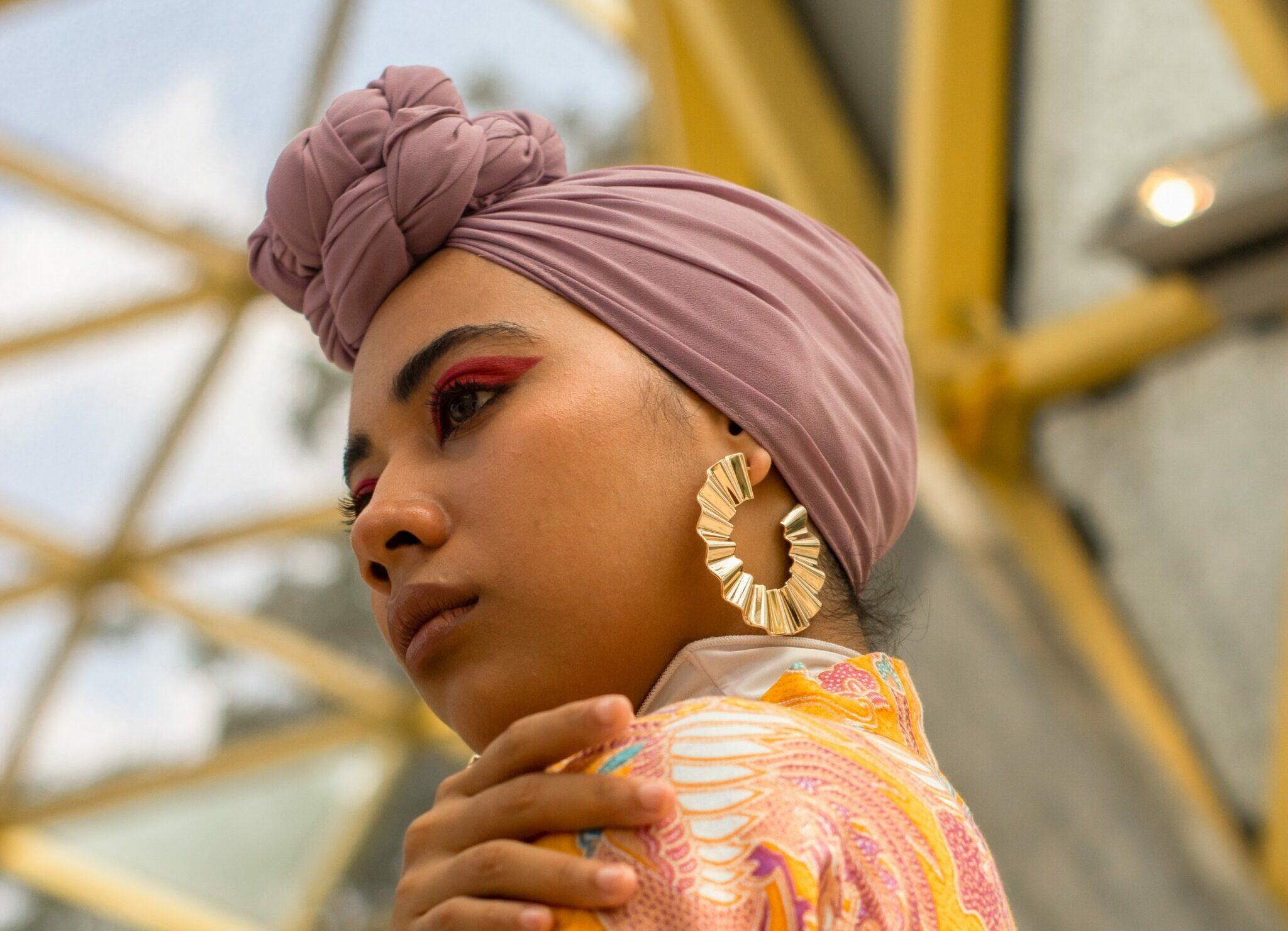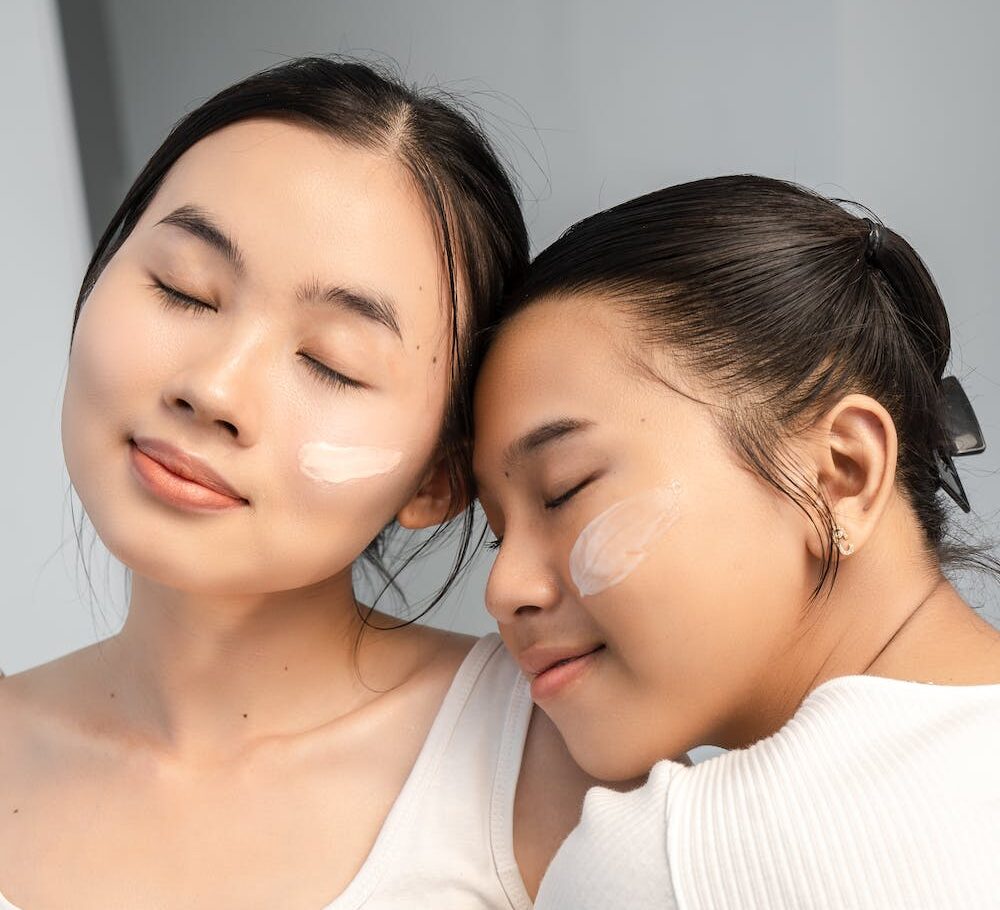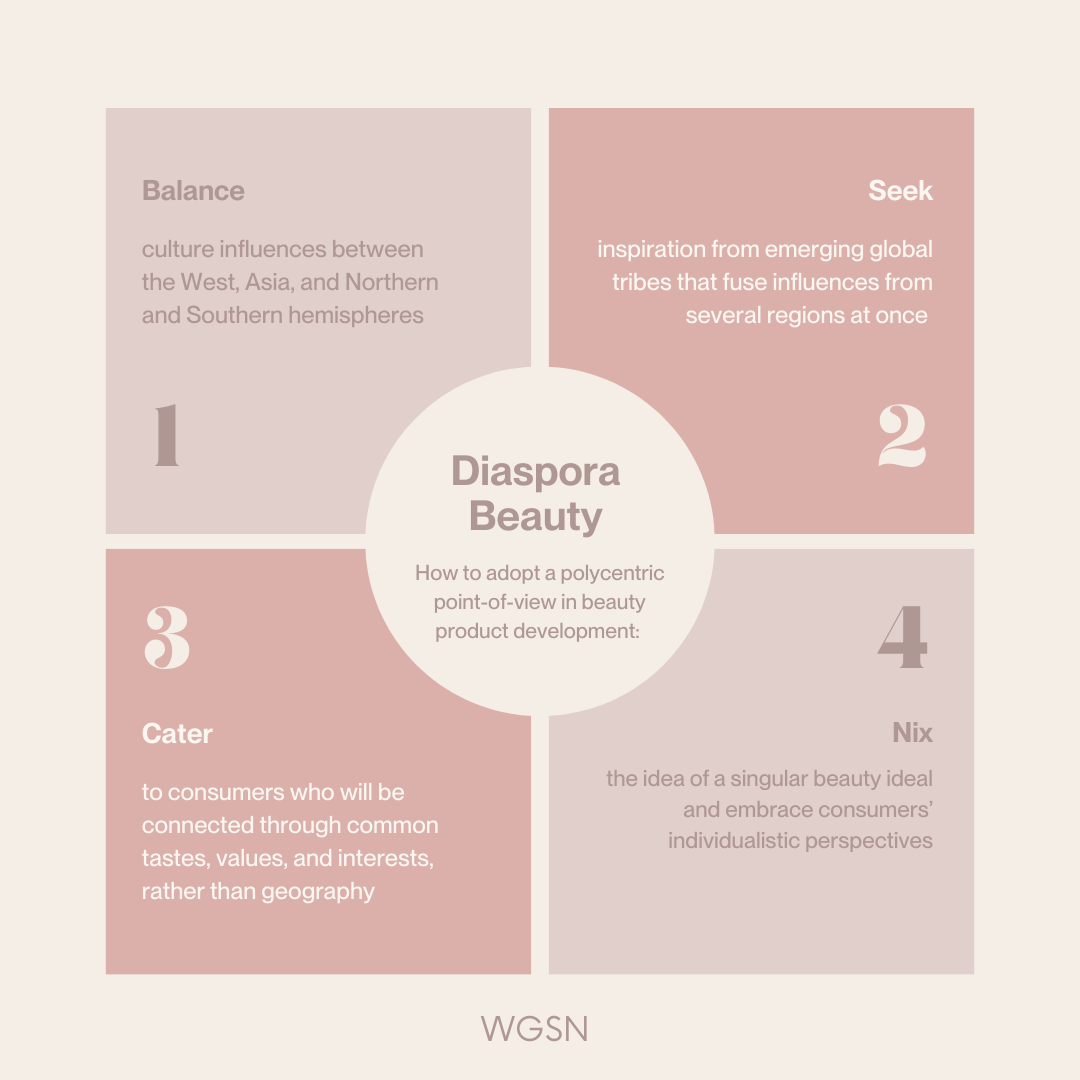- Search

Hailing from South Korea, K-Beauty has revolutionized the skincare space by embodying distinct beauty standards that prioritize natural ingredients, high-efficacy formulas, and minimalist packaging. This phenomenon has transcended its birthplace and permeated Western culture, captivating beauty enthusiasts worldwide.
To create products inspired by K-Beauty, brands should embrace prevailing sustainability and ethical trends, including eco-awareness, vegan practices, and the infusion of vitamins to align with the evolving preferences of beautyconsumers (In-Cosmetics).

The halal beauty market is no longer niche. It’s rapidly expanding, with a global spend forecasted to reach $93 billion by 2025. Halal cosmetics, with chemical-free products and ethically sourced ingredients, are popular in the beauty market and beyond.
Inclusivity is becoming increasingly non-negotiable, with countries like Indonesia legislating halal labelling for all cosmetics by 2026. The #HalalSkincare is gaining momentum, and eco-conscious halal brands are positioned at the forefront. To best serve this market, brands should prioritize ethical and environmental beauty formulations (WGSN).


Get ready for the ascent of A-Beauty—African Beauty—as it emerges as a powerful force in the contemporary beauty landscape. African beautyintertwines a wealth of traditions, diverse cultures, and regional ingredients to create a unique beauty experience that’s captivating beautyconsumers on a global scale.
Africa’s abundant biodiversity offers sustainably-sourced botanicals as the shining stars—think nourishing shea, argan, marula, and Kalahari melon oils, which deliver exceptional hydration for both skin and hair. A-Beauty cosmetics embrace richer, creamy textures and highly pigmented color palettes that effortlessly glide on, display beautiful vibrancy, and maintain long-lasting wear on a wide range of darker skin tones (BeautyStreams).


